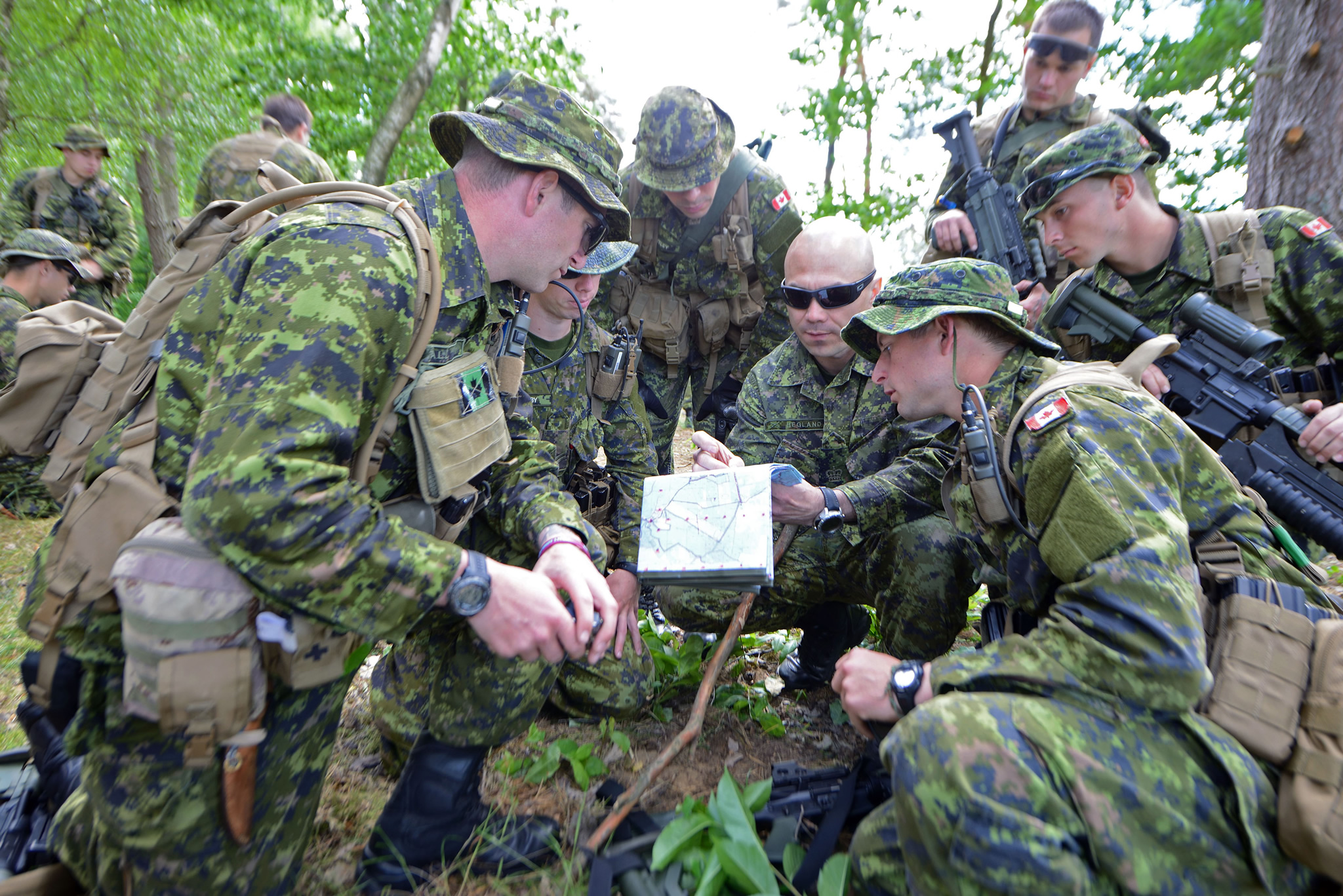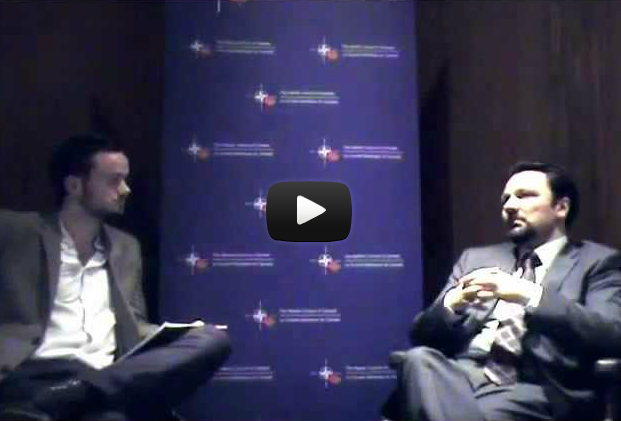In the post-Cold War context, NATO has increasingly engaged in out-of-theatre operations, a role expressed in the 2010 Strategic Concept as crisis management (one of the Alliance’s three key roles). But what has the Alliance learned about coordinating with its Operational Partners? Expeditionary operations in the Balkans, Afghanistan, and Libya have revealed challenges and opportunities of engaging with Partner nations.
The Early Post-Cold War Years
NATO peacekeeping activities in Bosnia and Herzegovina entailed large-scale expeditionary operations undertaken with a wide array of partners, the first example of challenges and opportunities that would be repeated as NATO’s role in international crisis management grew. Operations in the Balkans demonstrated that partnership programs are integral to building interoperability so that partners can deploy their forces on short notice. NATO’s approach to partnerships has shifted to accommodate this need.
Libya
Operation Unified Protector (OUP), the intervention in Libya, concluded in 2011. Four partner nations were considered participants: Qatar, Sweden, Jordan, and the UAE. Sweden was one of the primary contributors to OUP, while Qatar, UAE, and Jordan participated with aircraft in a supporting role. NATO faced three primary challenges in coordinating with its Operational Partners during OUP:
I. Access to NATO Secrets: Operational Partners did not have access to NATO secrets at the beginning of the mission and the process of dealing with this issue proved arduous. Sweden identified three lessons learned for any Operational Partners that face a similar situation in the future:
- Identify useful points of contact to navigate the formal process quickly;
- Be prepared to present a formal expression of need immediately; and
- Quickly identify and establish good relations with a sponsor nation in NATO.
II. Unanticipated Logistical Problems, such as fuel incompatibility, will inevitably arise in any mission and OUP was no exception. Adaptability is therefore key to coordinating with Operational Partners.
III. National Caveats are limitations that governments place on the types of activities their soldiers can engage in, such as not authorizing troops to strike ground targets. They are often politically driven and, throughout OUP, caused substantial tactical difficulties.
Afghanistan As the intervention in Afghanistan winds down, many of the challenges of incorporating Operational Partners into this expeditionary operation are already apparent. First, it is clear that national caveats have posed problems for the mission in Afghanistan as it has in Libya. This, in combination with difficulties in raising troops for stage three of the mission indicates the need to find a way to motivate Allies and Partners to contribute meaningfully to missions, providing sufficient troops and, if possible, reducing their caveats. There is a need to establish political consensus on the mission’s purpose and goals. To this effect, in the early 2000s, difficulties generated divisions between Allies and amongst Operational Partners, creating problems in determining the command and control systems, and in raising troops.
Conclusion
NATO’s experience in coordinating expeditionary missions, involving the coordination of many different nations, offers useful lessons for other collaborative missions. From its interventions in the Balkans to the missions in Libya and Afghanistan, the Alliance has learned that sustained interoperability efforts and political consensus is a key to making any multinational military effort succeed.



